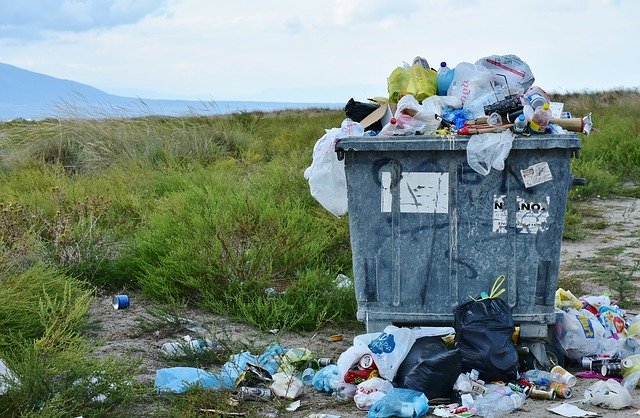Item Link: Access the Resource
File: Download
Date of Publication: April
Year of Publication: 2022
Publication City: London, UK
Author(s): Prof Jason Hickel, Daniel W O’Neill, PhD , Andrew L Fanning, PhD , Huzaifa Zoomkawala, BS
Journal: The Lancet - Planetary Health
Summary
Background
Human impacts on earth-system processes are overshooting several planetary boundaries, driving a crisis of ecological breakdown. This crisis is being caused in large part by global resource extraction, which has increased dramatically over the past half century. We propose a novel method for quantifying national responsibility for ecological breakdown by assessing nations’ cumulative material use in excess of equitable and sustainable boundaries.
Methods
For this analysis, we derived national fair shares of a sustainable resource corridor. These fair shares were then subtracted from countries’ actual resource use to determine the extent to which each country has overshot its fair share over the period 1970–2017. Through this approach, each country’s share of responsibility for global excess resource use was calculated.
Findings
High-income nations are responsible for 74% of global excess material use, driven primarily by the USA (27%) and the EU-28 high-income countries (25%). China is responsible for 15% of global excess material use, and the rest of the Global South (ie, the low-income and middle-income countries of Latin America and the Caribbean, Africa, the Middle East, and Asia) is responsible for only 8%. Overshoot in higher-income nations is driven disproportionately by the use of abiotic materials, whereas in lower-income nations it is driven disproportionately by the use of biomass.
Interpretation
These results show that high-income nations are the primary drivers of global ecological breakdown and they need to urgently reduce their resource use to fair and sustainable levels. Achieving sufficient reductions will likely require high-income nations to adopt transformative post-growth and degrowth approaches.

